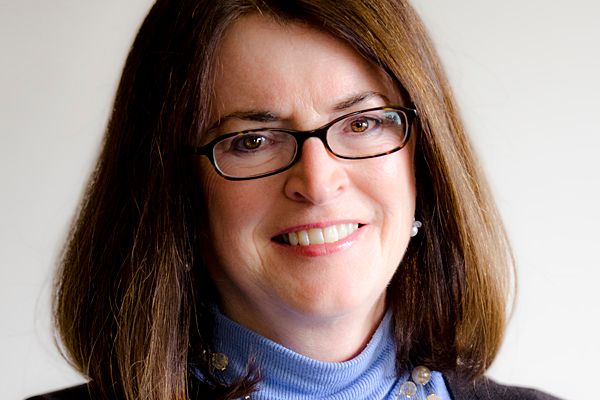Cancer Prevention Important to Dentists, Yet Many Avoid HPV Talk
HPV can be a major risk factor for certain types of oral cancers, yet many dentists remain reticent to discuss it.

Many dentists felt they didn’t have enough knowledge about the virus, such as its symptoms or progression, to discuss it with patients.
Nearly three-quarters of oropharyngeal cancers are caused by the human papillomavirus (HPV), and yet a new study finds many dentists who might otherwise be vigilant about screening for oral cancers, are lacking the training or knowledge necessary to broach the issue of HPV with patients.
The study is based on four focus groups of 33 dentists.
Ellen M. Daley, PhD, MPH, the study’s lead investigator and a professor at the University of South Florida, said the lack of HPV counseling by dentists doesn’t seem to be an issue of motivation. She said dentists have been talking with patients about the cancer risks associated with tobacco and alcohol for decades, and are generally very “on board” with their role in cancer prevention.
“The issue with HPV, as they’ve described it to me, isn’t that they don’t think that this is a critically important issue — they do – but that they [the dentists] don’t know enough about the virus itself to talk about it comfortably, and that they don’t know how to approach talking about such a sensitive topic,” Daley told Dentist’s Money Digest.
HPV is a very common sexually transmitted virus that does not cause health problems in most of the 78 million Americans who carry it. However, in some cases, it leads to cancer, such as cervical cancer, and cancers of the throat, tongue and tonsils.
Daley said many dentists felt they didn’t have enough knowledge about the virus, such as its symptoms or progression, to discuss it with patients.
One important topic in the HPV discussion is prevention.There is a vaccine against HPV, but the vaccine is only required in two states (Rhode Island and Virginia) and Washington, DC, according to the National Conference of State Legislatures. As a result, Daley said the HPV vaccination rate in the US is “alarmingly low.”
Daley said absent a mandate, providers, including dentists, need to be proactive about educating parents about the vaccine.
“We rely on provider recommendation as the major factor in vaccine acceptance, and adding dentists to the group of healthcare providers who are talking about HPV and the vaccine may be another way to increase rates,” she said.
As for the potential for dentists to feel uncomfortable talking about a sex-related topic with their patients, Daley said she reminds them that the real issue is cancer prevention, not sexual habits. Besides, she notes that HPV is extremely common among sexually active patients, and it usually goes away on its own.
While Daley said cancer prevention is reason enough for most dentists to want to discuss HPV with patients, there could soon be another motivating factor.
Annelise Ydstebo Driscoll, MBA, PhD, Director, Executive Practice Management Program for Dentists at the University of Florida’s College of Dentistry, said the American Dental Association’s 2017 update of its CDT billing codes added codes for “Dental Case Management-Care Coordination, Dental Case Management-Motivational Interviewing, and Dental Case Management-Patient Education to Improve Oral Health Literacy,” under the category of “Adjunctive General Services.”
“While they don't specifically include HPV nor HPV-related oral cancer as the topic, we are seeing the trends shift toward a more comprehensive set of codes to address dental case management,” Driscoll told Dentist’s Money Digest. “It is not clear whether these codes receive reimbursement from insurance companies, or patients, but the additions of codes are showing a shift in trends, for sure, and are a great starting point.”
Driscoll said there are also codes in the “Preventative Services” category that could theoretically fit with HPV counseling. However, regardless of the category, she said insurers are unlikely to pay for the service.
But that could change as awareness increases. Driscoll said she’s hopeful that the answer to the question of “Can I bill for HPV counseling?” might soon move from a “no” to a “yes.”
“The ADA recognizes the importance of it, so it is possible,” she said.
The study titled, “Assessing dentists’ human papillomavirus-related health literacy for oropharyngeal cancer prevention” was published in the January edition of the Journal of the American Dental Association.
Click here to sign up for more Dentist's Money Digest content and updates.
RELATED:
More Coverage on
·
Longevity Insurance Is Underused in Retirement Planning
·
Dentist Promotes the Connection Between Nutrition and Oral Health
·